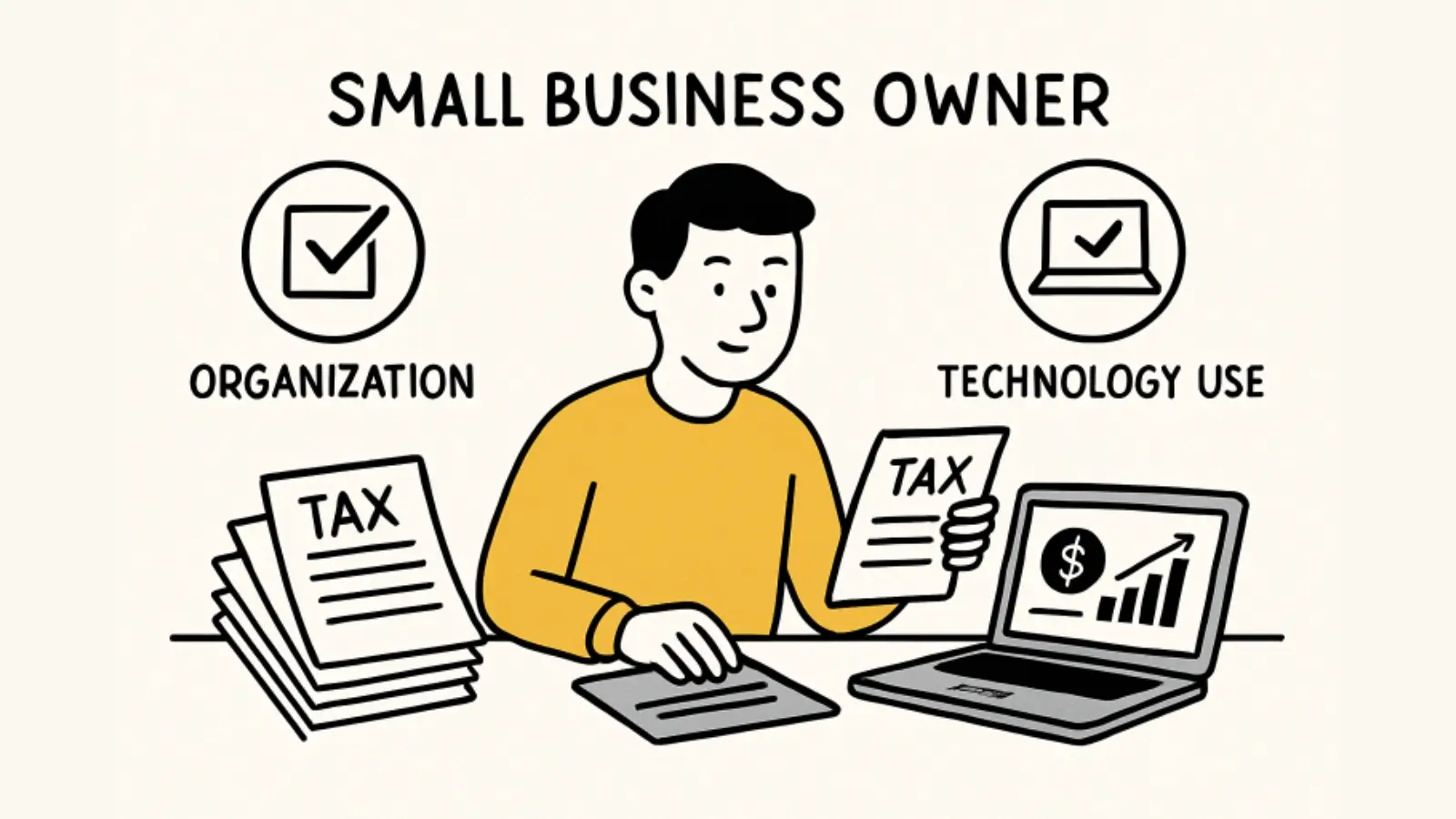Introduction: The Financial Backbone of Business Ambitions
For entrepreneurs and business owners, securing the right kind of funding can often mean the difference between a thriving enterprise and a stalled dream. While there are numerous avenues to explore, personal financing tools remain a popular choice for many in the business world. This analysis dives deep into the strategic considerations surrounding these options, comparing their merits and potential pitfalls with a keen eye on how they fit into the entrepreneurial landscape. Whether you're bootstrapping a startup or scaling an established venture, understanding the nuances of personal funding can offer a critical edge.
Personal Financing as a Quick Capital Solution: Pros and Cons
One of the most appealing aspects of personal financing for business owners is the speed and accessibility it often provides. Unlike traditional business funding routes, which may involve lengthy approval processes and extensive documentation, personal options can often be secured more swiftly. This can be a game-changer for entrepreneurs who need immediate capital to seize a fleeting opportunity or address an urgent operational need.
However, this convenience comes with its own set of challenges. The terms attached to such financing can sometimes be less favorable than those of business-specific options, potentially leading to higher costs over time. Additionally, using personal resources for business purposes blurs the line between personal and professional finances, which can create complications if not managed with discipline. Entrepreneurs must weigh whether the immediacy of funds justifies these trade-offs.
Comparing Personal Financing to Business Credit: A Strategic Lens
When deciding between personal financing and dedicated business credit, entrepreneurs need to consider their long-term financial structure. Business credit products are often tailored to the unique needs of enterprises, sometimes offering benefits like rewards for business spending or more flexible repayment options. These can be particularly advantageous for those with established operations and a clear separation between personal and business finances.
On the other hand, personal financing can be a more viable option for early-stage entrepreneurs who may not yet qualify for business-specific credit due to a lack of revenue history or collateral. When exploring solutions like personal loans, it's wise to evaluate how they align with your current financial standing and future business goals. The key is to assess whether the personal route offers enough flexibility without jeopardizing personal financial stability.
Risk Assessment: Personal Stakes in Business Ventures
One critical factor that sets personal financing apart from other funding methods is the inherent risk to personal assets. Many entrepreneurs find that tapping into personal resources means putting their own financial security on the line. If a business venture encounters unexpected challenges, the repercussions can extend beyond the company and impact personal savings or credit health.
This risk underscores the importance of thorough planning and conservative borrowing. Entrepreneurs should approach personal financing with a clear repayment strategy, ensuring that business cash flow projections support the ability to meet obligations without straining personal resources. It's also prudent to consider contingency plans in case the business underperforms, protecting personal finances from becoming a casualty of entrepreneurial ambition.
Flexibility Factor: Adapting Personal Funds to Business Needs
Another dimension worth analyzing is the flexibility that personal financing can offer. Unlike some business funding options that come with strict stipulations on how the money can be used, personal resources often provide greater freedom. This can be particularly valuable for entrepreneurs who operate in dynamic industries where needs can shift rapidly, requiring quick pivots in spending.
For instance, personal funds might be used to cover unexpected equipment purchases, marketing campaigns, or even short-term payroll during a lean period. However, this flexibility should be balanced with disciplined tracking to avoid misuse or overspending. Entrepreneurs who opt for this route should maintain meticulous records to ensure that personal and business expenditures remain distinct for tax and legal purposes.
Building a Hybrid Approach: Blending Personal and Business Financing
For many business owners, a hybrid strategy that combines personal and business financing can offer the best of both worlds. This approach involves using personal resources as a foundation or emergency buffer while simultaneously pursuing business-specific credit or investment to support growth. Such a strategy allows entrepreneurs to leverage the accessibility of personal funds while building a stronger business credit profile over time.
The success of a hybrid model hinges on careful planning and prioritization. Entrepreneurs should aim to transition away from heavy reliance on personal resources as the business matures, focusing on establishing credibility with lenders and investors. This gradual shift can help mitigate personal risk while positioning the business for more sustainable funding in the future.
Conclusion: Crafting a Tailored Financial Strategy
In the complex world of entrepreneurship, personal financing remains a powerful tool that can bridge gaps and fuel growth when used strategically. However, its benefits must be weighed against the potential risks and costs, especially when compared to business-specific alternatives. By conducting a thorough analysis of their unique needs, risk tolerance, and long-term objectives, entrepreneurs can make informed decisions about whether personal financing fits into their broader financial blueprint.
Ultimately, the goal is to create a balanced approach that supports business ambitions without compromising personal stability. Whether opting for personal resources, business credit, or a blend of both, the key lies in meticulous planning, disciplined execution, and a clear vision for the future. For those ready to explore their options, personal financing can be a stepping stone to greater entrepreneurial success—if navigated with care and foresight.

















